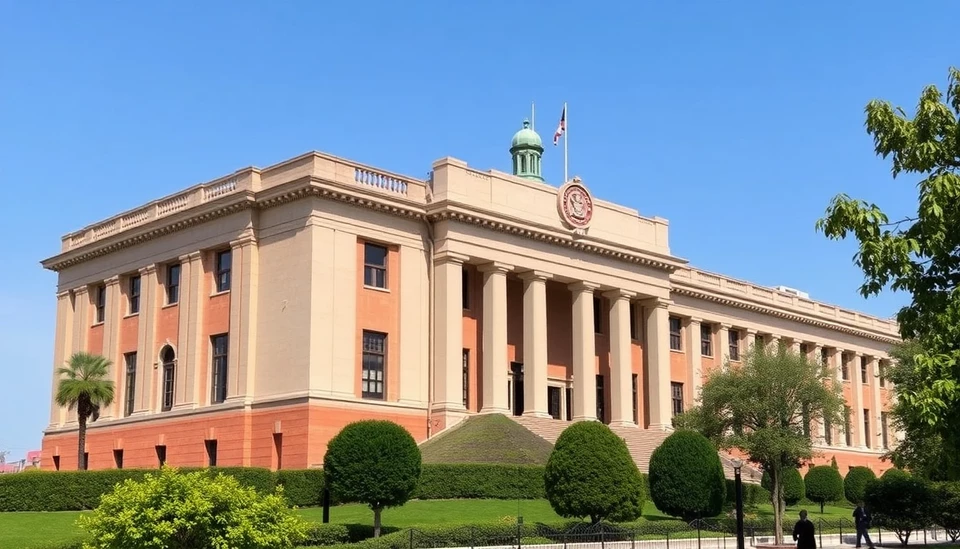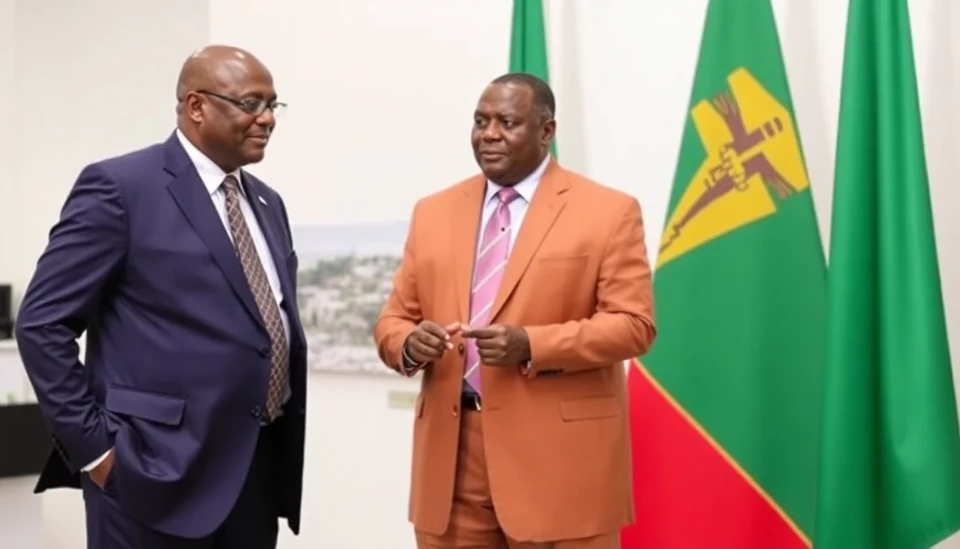
In a decisive move aimed at bolstering its currency and addressing rising inflation, Zambia has increased its key interest rate by 200 basis points to 14%. This significant adjustment marks a strategic response from the Bank of Zambia to curb the ongoing economic challenges dogged by soaring prices and a fluctuating currency.
The decision came during a policy meeting where officials noted the urgent need to stabilize the Zambian kwacha, which has been under pressure due to increased global economic uncertainties and local inflationary pressures. The bank's monetary policy committee expressed that the hike is a necessary measure to foster investment in the country while ensuring consumer price stability.
Governor Denny Kalyalya emphasized that this interest rate adjustment is crucial to restore confidence in the Zambian economy, particularly among international investors. The kwacha has shown signs of depreciation against major currencies, including the US dollar, necessitating immediate interventions to prevent further decline.
The hike in rates is expected to influence borrowing costs and may deter spending in the short term, but the central bank believes it's vital for achieving long-term economic stability. As seen in other emerging markets, higher interest rates can help cool inflation but may also slow down economic growth by making borrowing more expensive for businesses and consumers alike.
Inflation in Zambia has been a pressing concern, reaching levels that prompted widespread worry among policymakers. This increase in the key rate is also a part of the broader strategy to control inflation, which has been driven higher by food prices, energy costs, and other factors linked to global supply chain disruptions.
The financial sector has been closely monitoring the situation in Zambia, as the consequences of these policy changes will potentially affect investments and economic activities across various sectors. Local economists are divided on the potential impacts, with some warning of risks associated with constricting credit availability, while others argue that the tough measures are necessary to ensure long-term financial health.
The government remains focused on fiscal adjustments and improvements in policy frameworks, aiming to enhance the resilience of the Zambian economy amidst ongoing global economic challenges. The central bank's proactive measures, including the recent interest rate hike, indicate a commitment to tackling the underlying economic issues and restoring confidence among investors and consumers.
As Zambia navigates through these turbulent economic times, the ramifications of the rate hike will be observed closely by both local and international stakeholders, who remain hopeful for a turnaround in the nation’s economic landscape.
#Zambia #InterestRate #Economy #Finance #Inflation #Kwacha #CentralBank
Author: Daniel Foster




